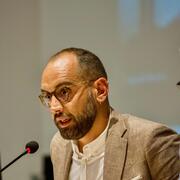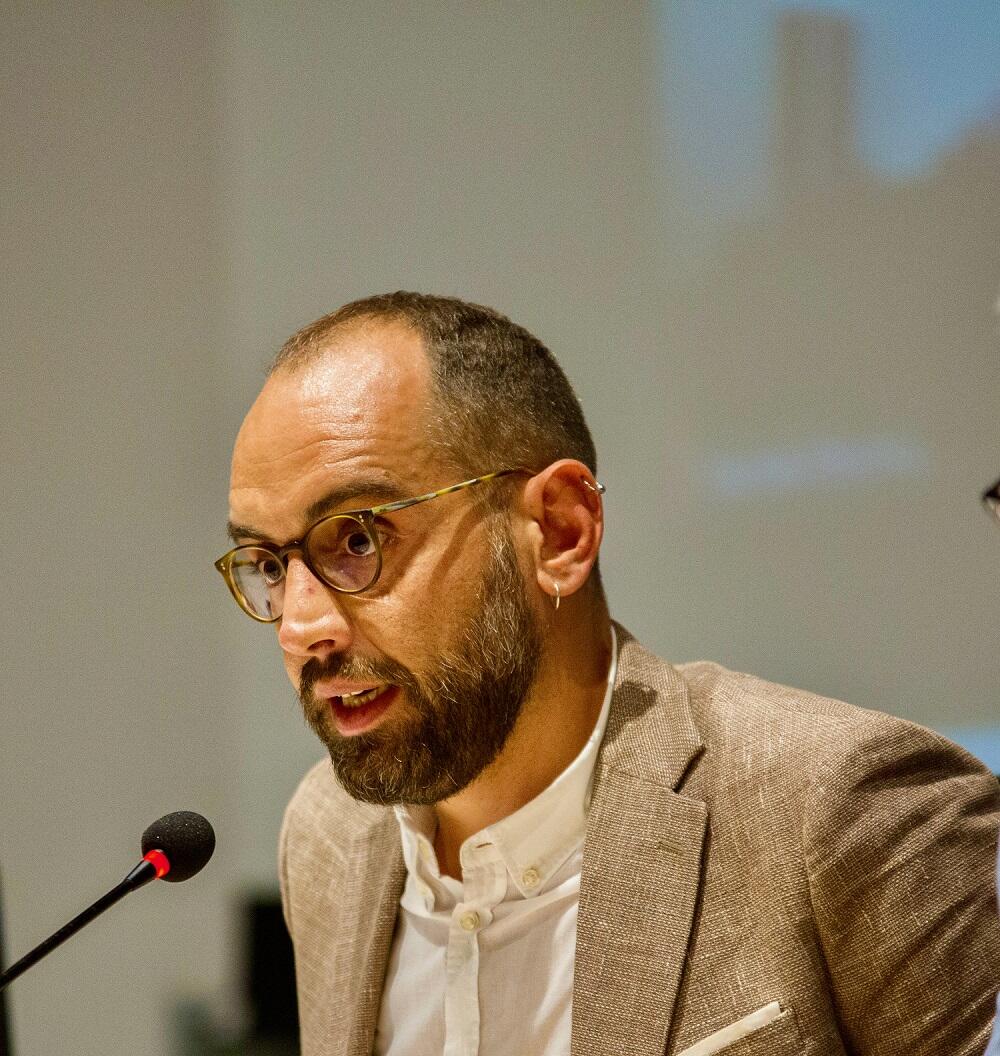
Guest post by Francesco Scalora, Early Career Fellow in Philhellenism 2021
Research topic during fellowship: The diary of Cesare Vitali
Within the pan-European phenomenon known as Philhellenism, which resonated explosively throughout the 19th century, Italy, due to its history, geographical location and political status, was prominent in a different way.
Italy offers a particularly important vantage point for understanding the force of Philhellenism in 19th century Europe. The Italian Philhellenic phenomenon is distinguished by its intensity, impact and political repercussions for the process of formation of the Italian state and its idea of the nation, even in a society that is still politically divided and not united, but ideologically united by the convergence of liberal ideas and national redemption. Greece appears as a space in which to experiment, after the first Piedmontese and Neapolitan failures, with a common struggle.
The peculiarity of the Italian philhellenic movement is mainly distinguished by 2 phenomena: by the philhellenic inspired literary production published throughout Italy in the aftermath of the Greek Revolution, and by the active participation of Italian volunteers working for Greek Independence. To date, scholars have paid particular attention to the first phenomenon, neglecting to investigate the significant contribution of a considerable number of exiles and patriots who went to Greece, fighting alongside the Greek insurgents, and who continued to express their dissent against the legitimist autocracies that had been imposed on Italy by the Congress of Vienna. There are few statistical data available on the number of Italians who went to Greece. Little or nothing is also known about their activity on Greek territory. First came the memories of great deeds. Like the other Europeans and the Americans who came to the aid of the Greeks, the Italians also had their legendary philhellenes: Pietro Gamba, Giuseppe Pecchio, Santorre di Santarosa are the best known names. In the shadow of the most famous ones, however, the activity of individual personalities is hidden, whose contribution deserves attention as well. Their political and cultural activity and the ideological dimension in which they acted restores to us the image of a complex phenomenon, matured in the shadow of great names and enterprises.
Reconstructing the story of these characters is not an easy task. While in some cases the Italian Archives give us an incomplete picture of their public life in Italy, almost nothing is given to us about their intense activity in Greece. The case of Cesare Vitali is an exception.
Of Italian origins, Cesare Vitali went to Athens in the very first years of the 19th century. Ephoros of the Philomousos Society of Athens and vice-consul of the Kingdom of the Two Sicilies for the Sublime Porte, Cesare Vitali is known to Greek historiography for having written a medical report in Italian for the death of Odysseas Androutsos. His Athenian activity and the different relationships he had with numerous Greek personalities during the years of the Revolution can, however, be reconstructed on the basis of a rich and unknown documentation.
In the General Archives of the Greek State, in the collection "G. Vlachogiannis", is preserved the manuscript of Cesare Vitali's diary: set in Athens, it covers the revolutionary years from April 1821 to May 1827, the year of his death. Vitali's diary, written in Italian, is part of the rich literary tradition of memoirs that flourished in the 19th century throughout Europe. Those who wrote their memoirs or diaries very often remained, partly because of the civil commitment that animated them, midway between documentation and art, between the anxiety to fix the truth of the events and the impulse to relive them freely in a fantastic transposition. In this important literary production there is an evident mutation from the documentary, chronological or embryonic historical level, to the literary and artistic level. Vitali's diary fits fully into this important tradition, and for its chronological extension, the meticulousness of the data reported and its setting represents, in relation to the historical facts treated, a unicum of its kind. Vitali's diary as well as bringing to light the activity of an Italian personality who acted in an Athenian environment during the crucial years of the Revolution, offers scholars a historical source of considerable importance.
The CHS fellowship in Philhellenism (January – December 2021), offered on the occasion of the celebration of the 200 years (1821-2021) since the outbreak of the Greek Revolution, gave me the opportunity to fully deal with the case of Cesare Vitali and to study in detail his unpublished diary. The privileged access to Harvard University's online databases and resources was very conducive to the making of the edition of Vitali's diary, that, accompanied by historical notes and a detailed introduction, is published for the first time at the prestigious series “Quaderni” of the Istituto Siciliano di Studi Bizantini e Neoellenici “Bruno Lavagnini” by the title “Atene 1821-1827 nel Diario di Cesare Vitali”
Of extraordinarily importance, finally, was the educational trip to CHS in Washington DC: a unique opportunity for comparison among the others fellows of the CHS and for sharing the results of my researches.
About Francesco Scalora
Francesco Scalora graduated in Classical Studies from the University of Palermo, where he also received his Master's Degree in Medieval and Modern Greek Philology. He holds a PhD in Greek-Latin Philology and History of the Ancient Mediterranean from the University of Palermo and in Modern Greek Philology from the University of Crete. Francesco has served as a Postdoctoral Researcher in Modern Greek History at the University of Athens, as a Research Collaborator at the National Hellenic Research Foundation and as a Research Fellow in Modern Greek Studies at the Department of Cultural Heritage of the University of Padua, where now he teaches Modern Greek Language and Literature.
Early Career Fellowship in Philhellenism
The Early Career Fellowship in Philhellenism was established last year as part of the CHS activities in honor of the bicentennial anniversary since the 1821 Greek War of Independence. Since 2022 this program is offered on an annual basis in collaboration with the Society for Hellenism and Philhellenism to a postdoctoral researcher to conduct original research on topics related to Philhellenism.